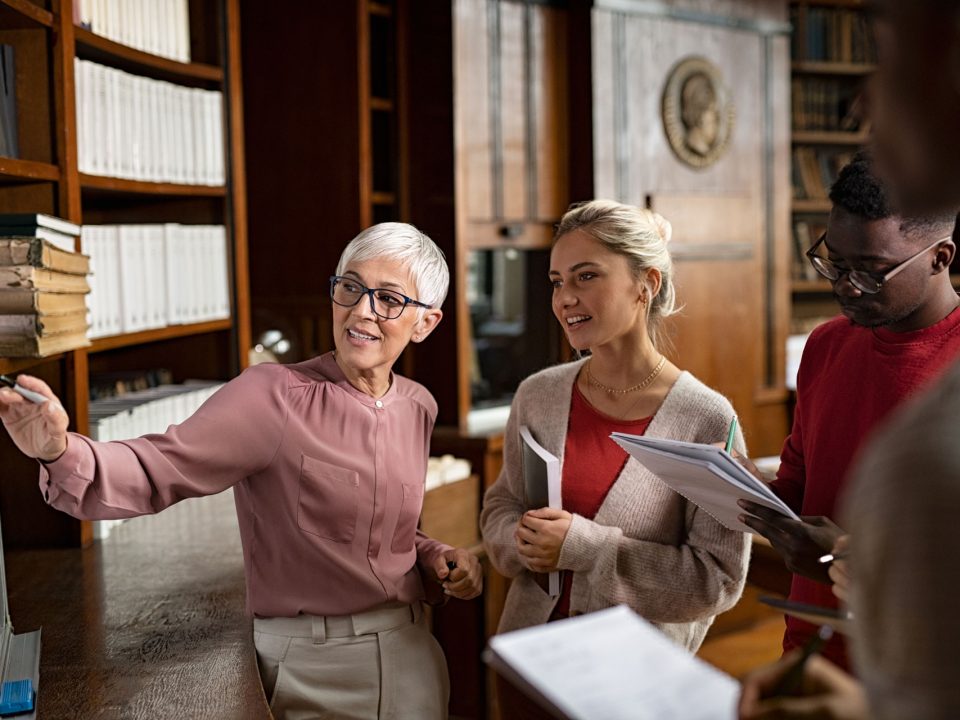
The single biggest reason why startups succeed – Bill Gross
4 de junho de 2018Job Interview Questions – Entrevista de emprego em inglês
6 de junho de 2018Happiness
Australians are the happiest people in the world according to a survey undertaken by market researchers GFK NOP. The marketers conducted door-to-door surveys and interviews with 30,000 people in 30 countries. They asked respondents how satisfied they were with their overall quality of life. Forty-six percent of Australians proclaimed to be “very happy” and expressed optimism about their future. Following them in the “very happy” stakes was the USA (40 percent), Egypt (36 percent), India (34 percent) and the UK and Canada (32 percent). Hungary got the wooden spoon, finishing bottom of the happiness chart. Thirty-five percent of its citizens said they were either “disappointed” or “very unhappy”, followed by Russians at 30 percent.
The research demonstrated that money and age were key determinants in how happy people are. Although the study could not prove money could buy happiness, it did reveal a link between a lack of money and unhappiness. Less happy populations were found among lower income groups or the unemployed. The study suggested the older we become, the less happy we are. Globally, teenagers are the happiest people. The age group with the lowest levels of happiness was 50-59 – only 16 percent of those in their fifties said they were very happy. The things that make us happy include good health, financial security and a happy marriage. Material comforts such as cars, clothes and gadgets ranked comparatively low.
HAPPINESS: What makes you happy? What affects your quality of life most? Look at the items below and rank them in order of what makes you most happy.
| ___ Faith
___ Good health ___ Money ___ Sports ___ Sunshine |
___ Things (cars, clothes, gadgets, etc.)
___ A stable marriage / relationship ___ Children ___ Watching television ___ Exercise |
HAPPY OPINIONS: How far do you agree with these opinions on happiness? Talk about them with your partner(s).
- Money makes you happy.
- The older you become, the happier you are.
- You can take lessons on how to be happy.
- Men are happier than women.
- Married people are happier than single people.
- People in warmer climates are happier than people in colder climates.
- It’s hard to be happy in today’s world.
- Every country should have a Minister of Happiness.
- TRUE / FALSE: Look at the article’s headline and guess whether these sentences are true (T) or false (F):
| a. | A new study says Australians are the world’s happiest people. | T / F |
| b. | Interviewers conducted 30,000 telephone interviews. | T / F |
| c. | Egyptians and Indians were among the top five happiest populations. | T / F |
| d. | Hungary got the wooden spoon. | T / F |
| e. | The survey showed that money can buy happiness. | T / F |
| f. | Unemployed people were shown to be surprisingly happy. | T / F |
| g. | The survey found that the older we become, the happier we are. | T / F |
| h. | Materials comforts such as cars and clothes do not make us so happy. | T / F |
DISCUSSION:
STUDENT A’s QUESTIONS (Do not show these to student B)
- What were your initial thoughts on this headline?
- Do you agree with the headline?
- Are the people in your country generally very happy?
- Are you very happy most of the time?
- What makes you unhappy?
- What’s the most miserable you’ve been?
- How happy are you compared with your friends?
- Do you wake up happy every morning or do you sometimes get out of bed on the wrong side?
- Do you agree with the survey that older people are less happy?
- What is there to be happy about in the world today?
STUDENT B’s QUESTIONS (Do not show these to student A)
- Did you like reading this article?
- What do you think about what you read?
- What affects your levels of happiness?
- Does your happiness change during different times of the day, week, month or year?
- What is or was the happiest time of your life?
- Do you need money to be happy?
- What do you think of the idea of a top government official who is responsible for the overall happiness of the population?
- Do you think any particular nations are happier than any others?
- What is lacking in your life that would make you incredibly happy?
- Did you like this discussion?
AFTER DISCUSSION: Join another partner / group and tell them what you talked about.
- What question would you like to ask about this topic?
- What was the most interesting thing you heard?
- Was there a question you didn’t like?
- Was there something you totally disagreed with?
- What did you like talking about?
- Do you want to know how anyone else answered the questions?
- Which was the most difficult question?
SPEAKING
HAPPY DAYS: In pairs / groups, talk about your level of happiness throughout the day. What kinds of things make you happy or unhappy during the times written in the left hand column? What increases or decreases your happiness?
| TIME | % OF TIME HAPPY |
THINGS THAT INCREASE HAPPINESS | THINGS THAT DECREASE HAPPINESS |
| Waking up | |||
| Breakfast | |||
| Going to work / school | |||
| Morning | |||
| Lunchtime | |||
| Afternoon | |||
| Going home | |||
| Evening | |||
| Bedtime |






1 Comment
Muito interessante e enriquecedor o texto! Precisamos saber o que de fato é importante para o nosso bem-estar e nossa realização pessoal! Agregou bastante para a minha vida!